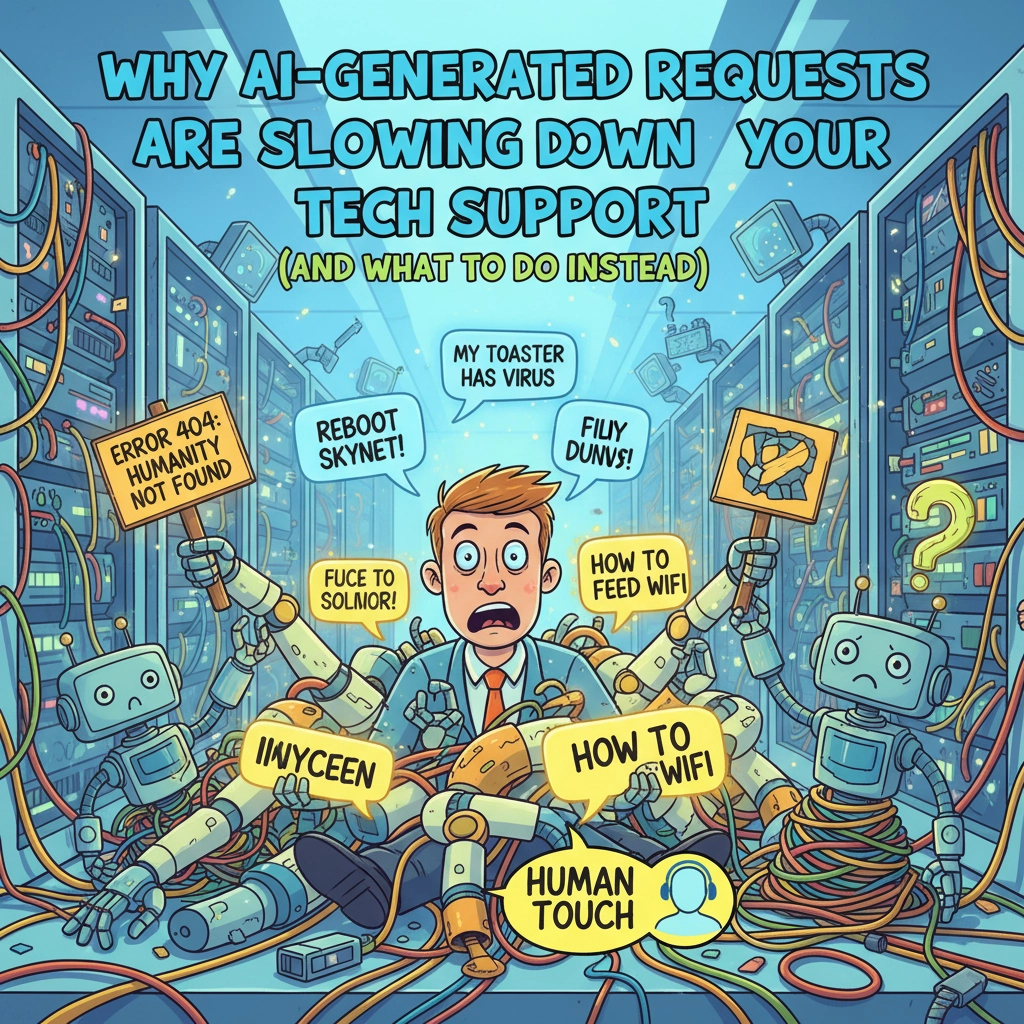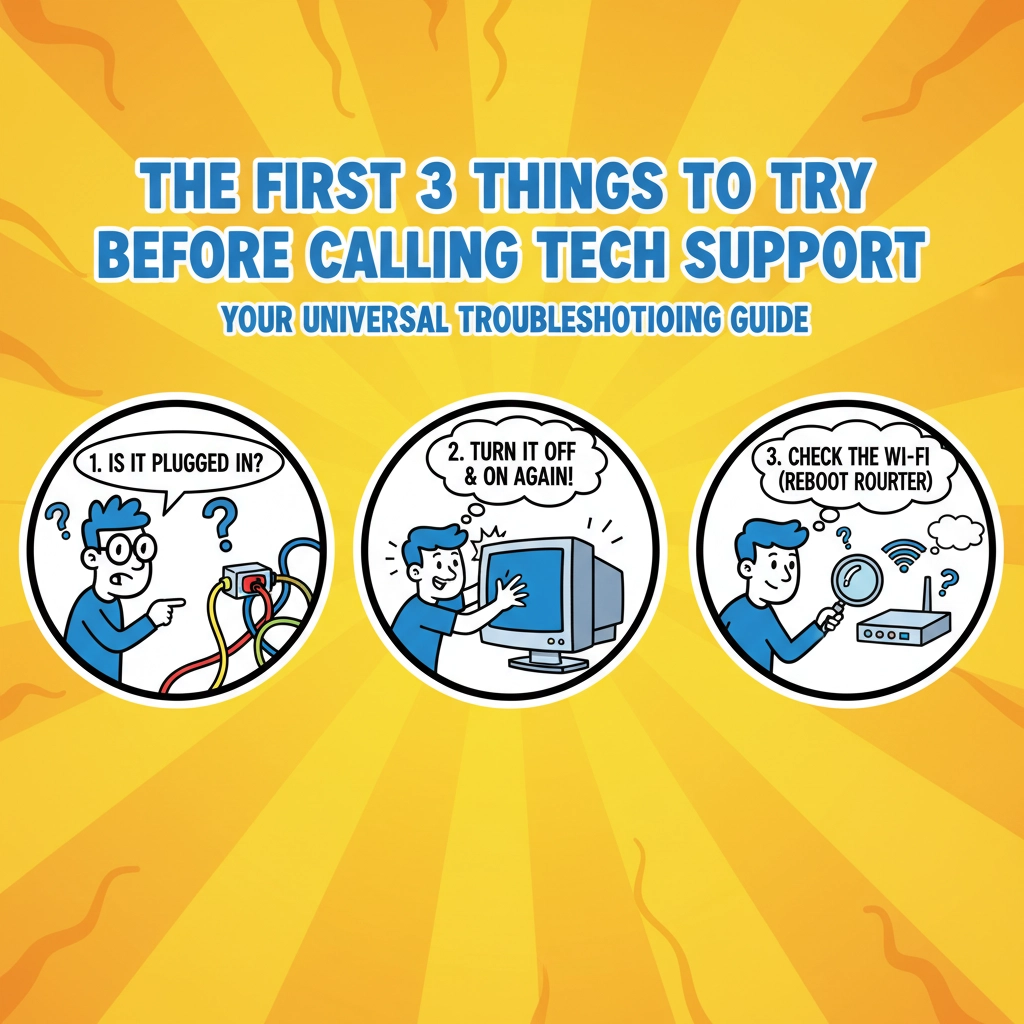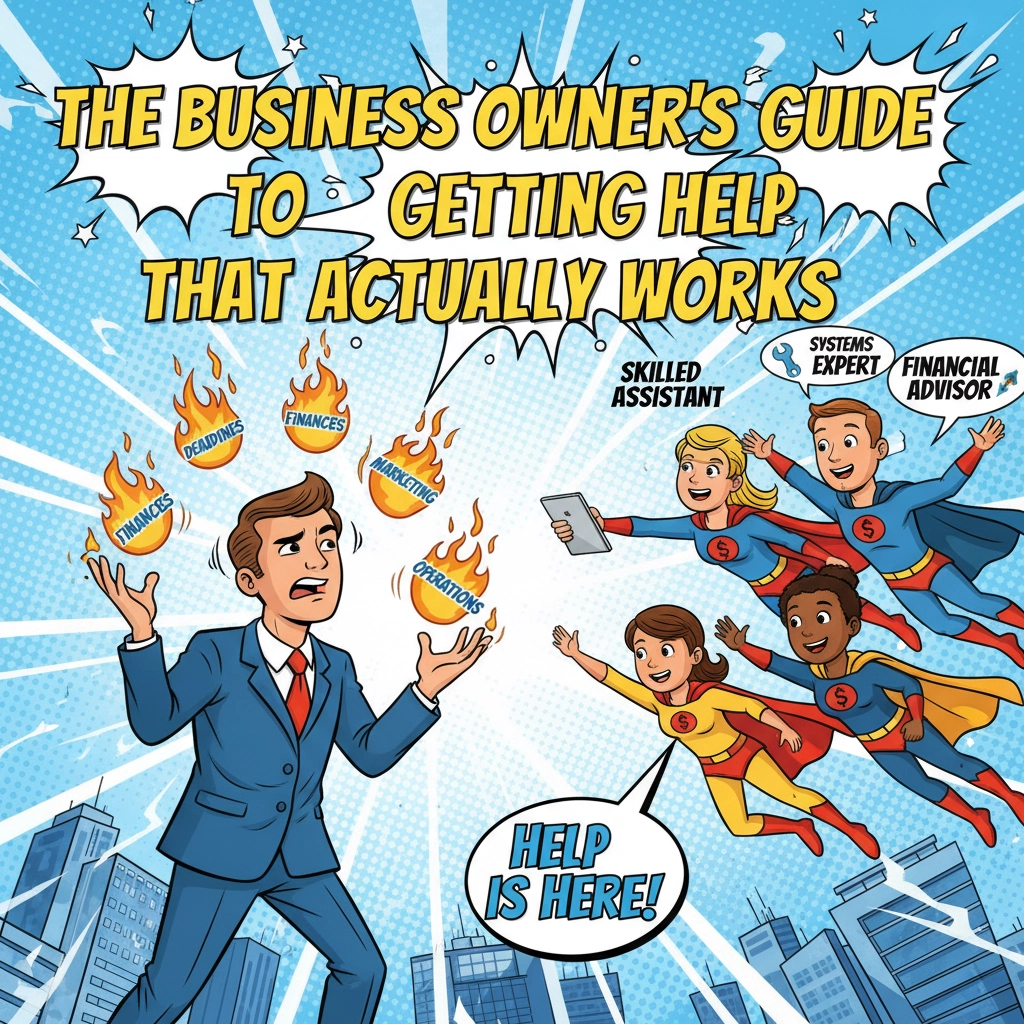I have written about the inefficiency of random phone calls and, indirectly, voicemail. And it is a fallacy that random calls are more human than those that are scheduled.
Consider an example of interaction. You are unavailable until next week for a phone call. Suppose you call and leave a voicemail for me to call you back next week. What happens if you’re unavailable when I check in? What if I’m not free when you call back? You then leave a second VM. We end up playing phone tag, which is inefficient and a waste of time for both parties.
This is the benefit of something like automated scheduling. It requires fewer clicks than sending an email (or waiting for a call back when you might not be free), establishes a time when both parties are available for a human connection and voice, and ensures that both parties have sufficient time to initiate the call.
Need some supporting evidence to help you move forward in the future and ditch the idea of voicemail in lieu of easy online scheduling? See any one of the articles below:
https://medium.com/swlh/why-i-never-do-unscheduled-phone-calls-8d1b105d6a94
https://www.vice.com/en/article/wnxdn4/why-is-voicemail-still-a-thing-technology-outdated-messaging
https://magazine.promomarketing.com/post/5-reasons-stop-using-voicemail/
https://time.com/3905763/this-massive-bank-just-killed-voicemail/
Or even more, if you ask ChatGPT4 on the subject:
“The effectiveness and efficiency of automated scheduling over random calls and voicemails can be supported by the following pieces of evidence:
Increased Productivity: A 2017 study published by the University of California, Irvine, found that interruptions, such as unscheduled calls or unexpected tasks, can lead to a significant decrease in productivity. It showed that once interrupted, it takes an average of 23 minutes and 15 seconds to return to the original task. Automated scheduling avoids such disruptions, improving overall productivity.
Time Efficiency: A 2020 survey conducted by RingCentral found that employees spend an average of 60 minutes each week playing phone tag, the equivalent of 7.5 days per year. Automated scheduling directly addresses this issue by ensuring both parties are available at the agreed time.
Improved Communication Quality: The Radicati Group reported in 2019 that the average office worker receives 121 emails a day. With so many emails, important messages can get lost. Scheduled calls ensure that important communications get the attention they deserve.
Higher Satisfaction Levels: A survey by Doodle in 2019 found that 71% of professionals prefer meetings to be scheduled beforehand to avoid clashes with other engagements. This reflects that people are more satisfied and comfortable with scheduled communications rather than random calls.
These points indicate that automated scheduling is more efficient and beneficial than random phone calls and voicemails, as suggested in the article.”
Share this:
- Click to share on Facebook (Opens in new window) Facebook
- Click to share on Tumblr (Opens in new window) Tumblr
- Click to share on X (Opens in new window) X
- Click to share on Pocket (Opens in new window) Pocket
- Click to share on Pinterest (Opens in new window) Pinterest
- Click to share on LinkedIn (Opens in new window) LinkedIn




